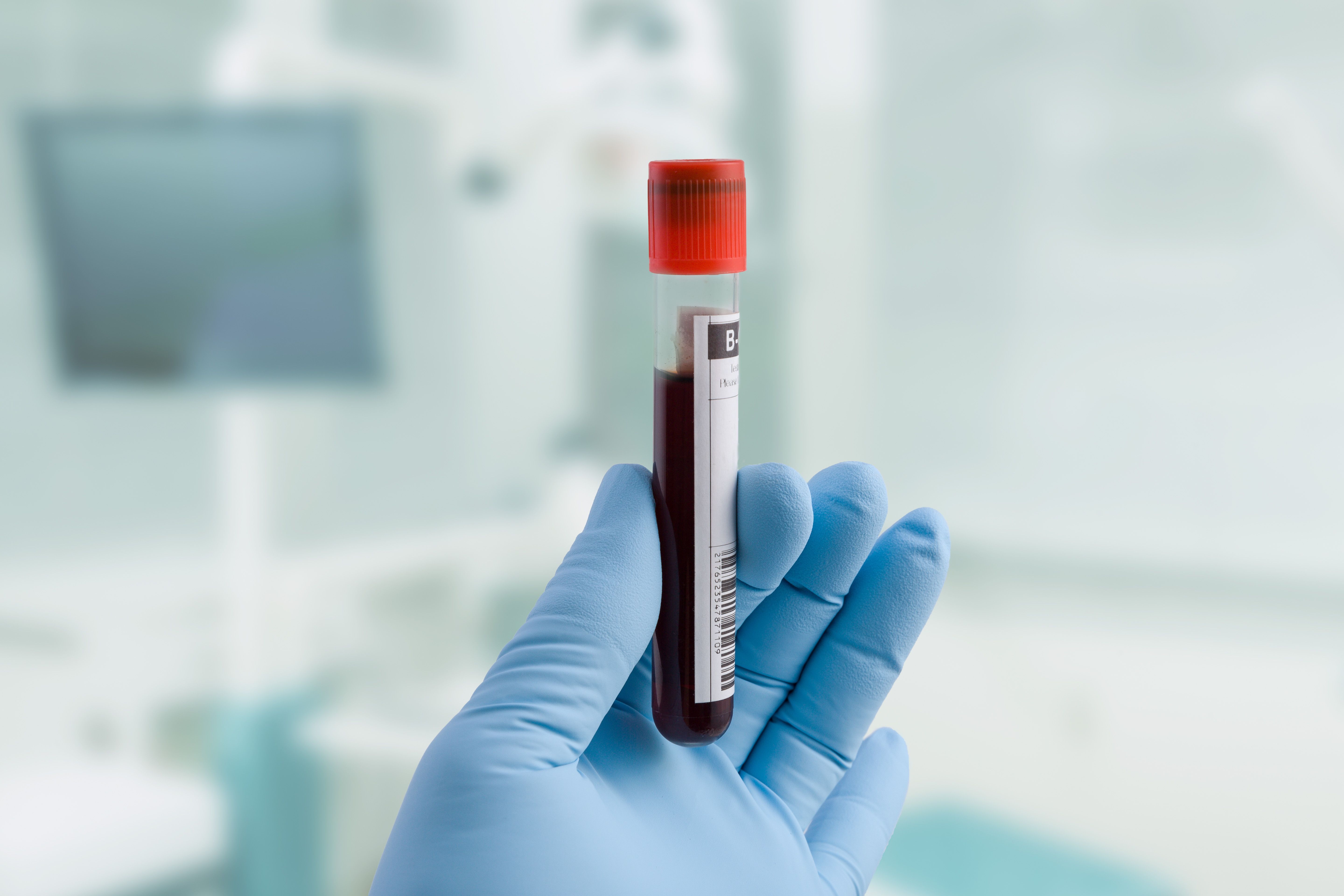Delivering Trust: How We Handle Medical Samples
Understanding the Importance of Medical Sample Handling
In the healthcare industry, trust is paramount, especially when it comes to handling medical samples. These samples are not just mere specimens; they are the foundation for accurate diagnosis and effective treatment. Ensuring their integrity from collection to analysis is crucial for patient safety and trust in healthcare systems.
Handling medical samples involves a series of meticulous processes designed to maintain their viability. From the moment a sample is collected, it embarks on a journey where every step is crucial in preserving its quality.

Collection: The First Crucial Step
The journey of a medical sample begins at the point of collection. This stage demands precision and adherence to strict protocols to prevent contamination or degradation. Healthcare professionals are trained extensively on the correct techniques and tools required for collecting different types of samples.
Utilizing sterile equipment and following specific guidelines ensures that the samples remain uncontaminated. Proper labeling is also critical to guarantee that each sample can be accurately identified throughout its journey.
Transportation: Safeguarding Integrity
Once collected, the transportation of medical samples is another vital stage in the process. Samples must be transported under controlled conditions to preserve their integrity. This involves using specialized containers and vehicles equipped with temperature controls to prevent any alterations due to environmental factors.
Time is also a significant factor during transportation. Samples must reach their destination promptly to prevent any degradation, which could compromise the test results.

Storage: Preserving Quality
Upon arrival at the laboratory, proper storage is essential to maintain sample integrity until analysis can be performed. Different samples require different storage conditions, such as refrigeration or freezing, to halt any biological changes.
Laboratories are equipped with state-of-the-art storage facilities that ensure samples are kept under optimal conditions, which is vital for delivering accurate and reliable results.
Analysis: The Final Stage
The analysis phase is where the data that these samples hold is unlocked. Laboratories utilize advanced technology and skilled technicians to examine the samples with precision. This step is critical as it directly impacts patient diagnosis and treatment plans.
Ensuring that the samples have been handled correctly up to this point is imperative for obtaining trustworthy results.
Building Trust Through Rigorous Protocols
At every stage of handling medical samples, stringent protocols and quality control measures are in place to ensure reliability. Regular audits, staff training, and adherence to regulatory standards play an essential role in maintaining trust.
By focusing on each step of the process—collection, transportation, storage, and analysis—healthcare providers can deliver accurate and timely results, reinforcing trust in medical practices.
The Role of Technology in Enhancing Trust
Modern technology plays a pivotal role in enhancing trust in medical sample handling. Innovations in tracking systems allow real-time monitoring of samples, ensuring they remain within specified conditions throughout their journey.
Advanced data management systems also enhance transparency and traceability, enabling healthcare providers to offer patients confidence in the accuracy and reliability of their results.